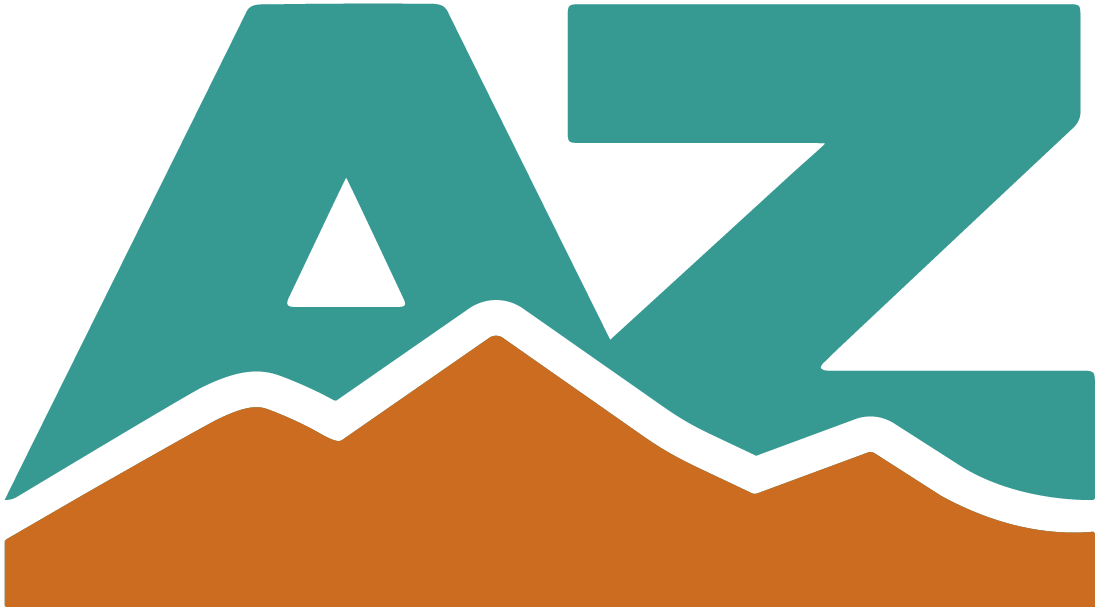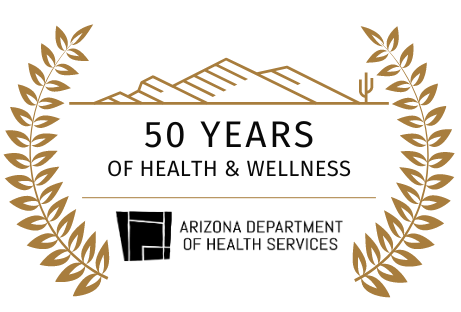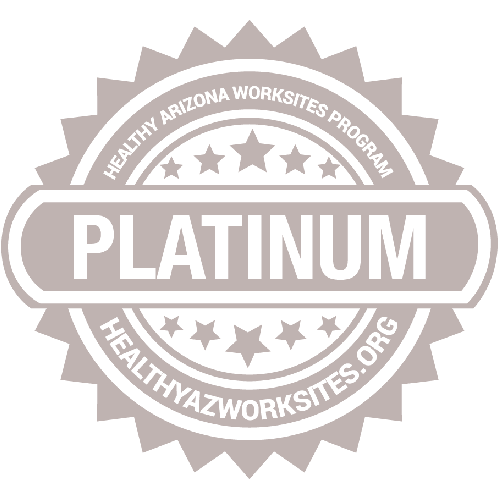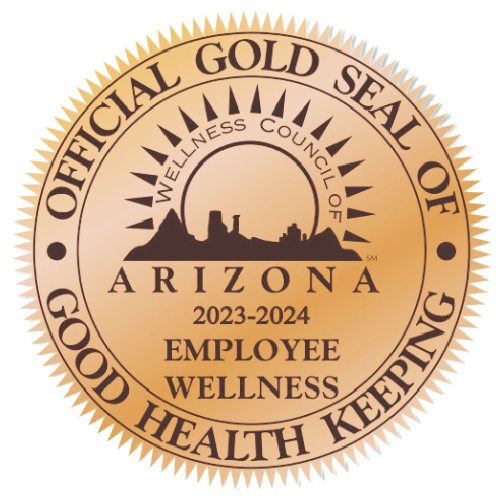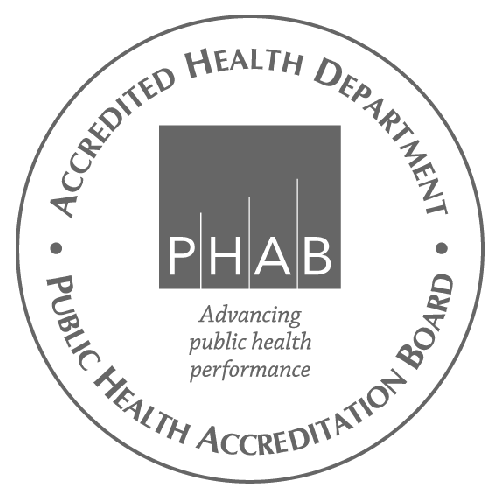Arizona Department of Health Services
150 North 18th AvenuePhoenix, Arizona 85007
Operating hours
Monday to Friday
8:00 a.m. to 5:00 p.m.
Closed weekends and state holidays.
Any documents contained on this website that are translations from original text written in English are unofficial and not binding on this state or a political subdivision of this state. To learn about how the Arizona Department of Health Services collects information about website users, please review our Website Privacy Policy. Los documentos que son traducciones al Español y que se encuentran en esta página Web no tienen validez oficial ni legal en este Estado o en alguna entidad politica del mismo. © 2009 to 2025, Arizona Department of Health Services.
The Arizona Department of Health Services' public meeting notices and agendas are posted in the lobby of the Department and on the public meeting notices page.



